

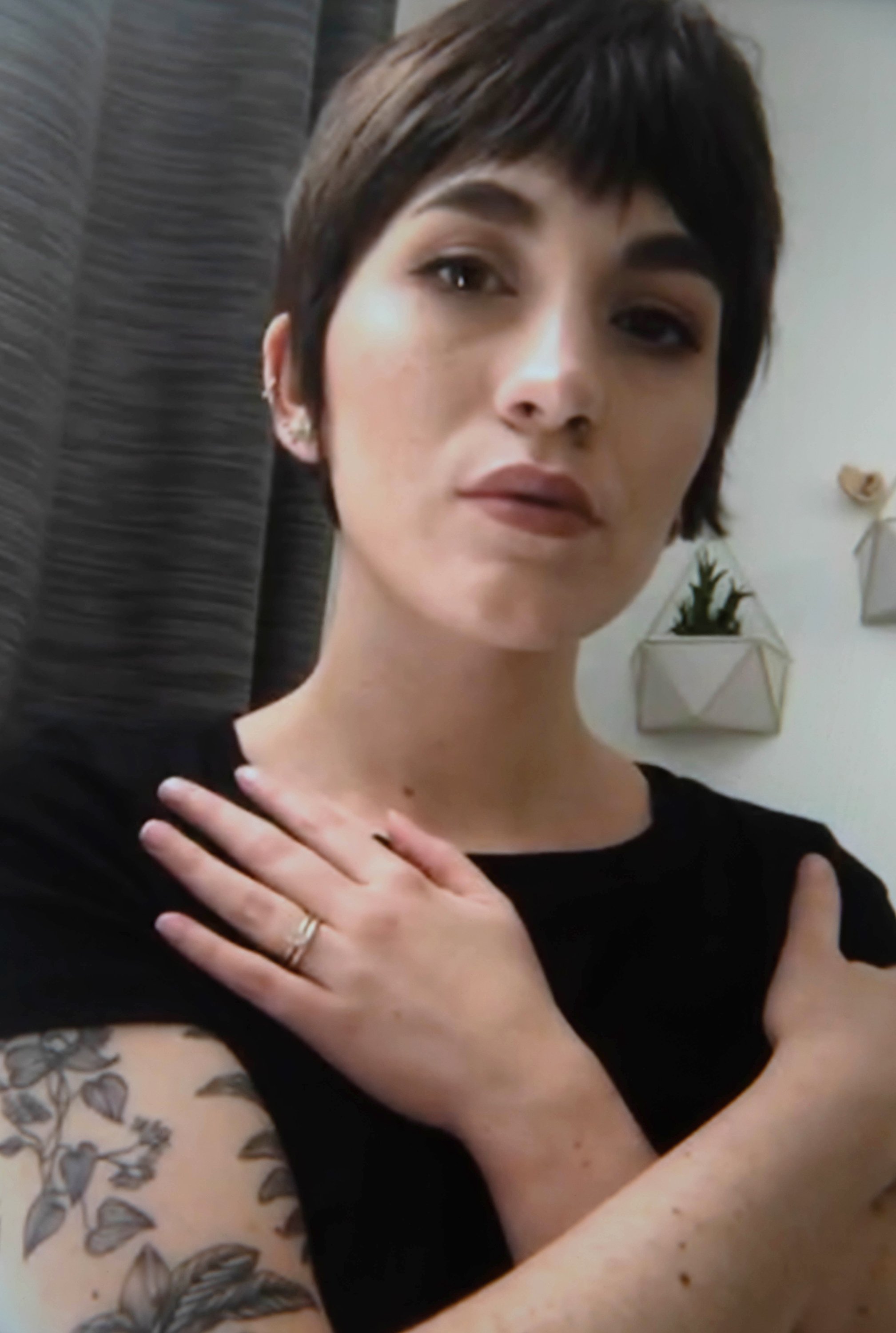
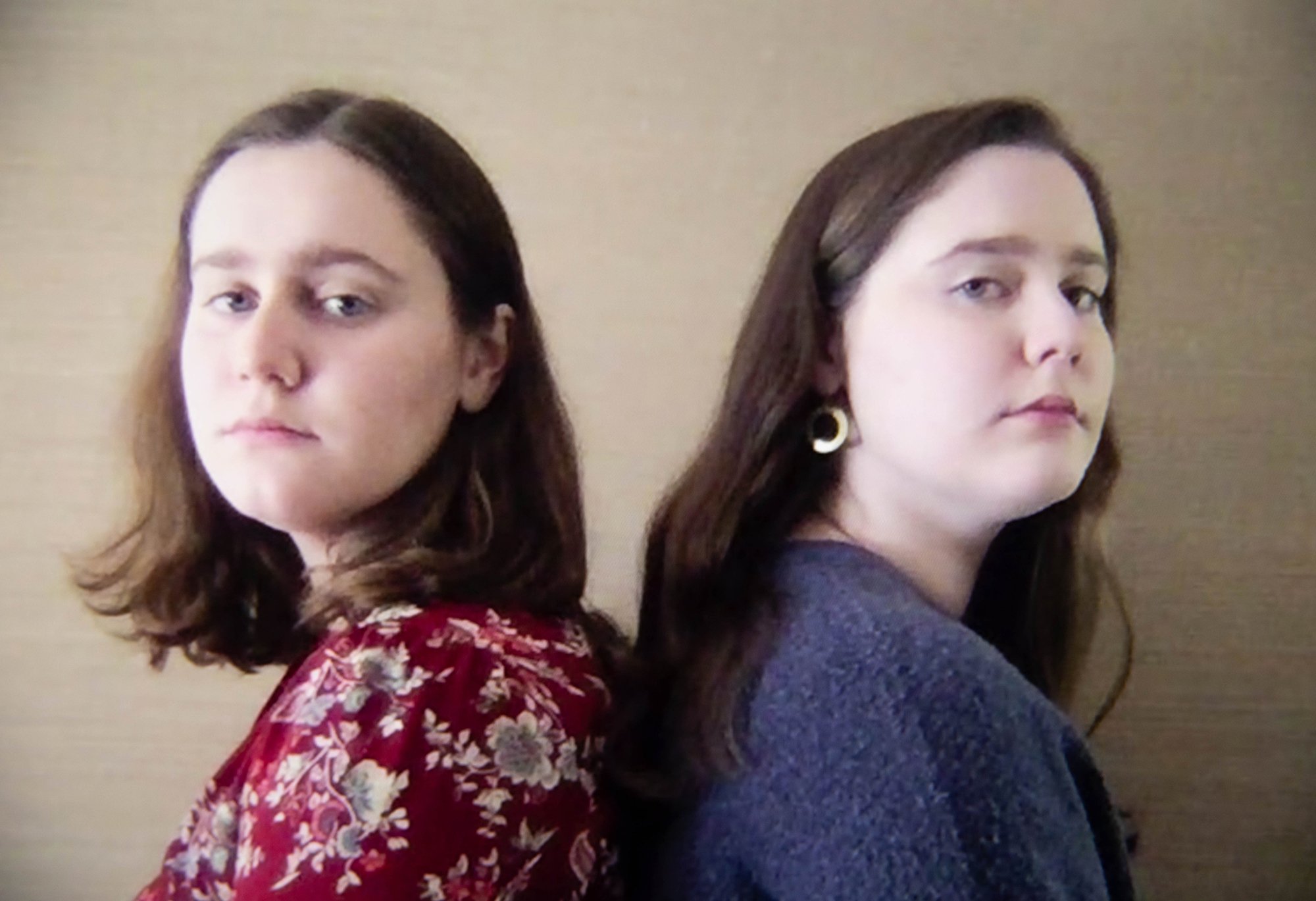

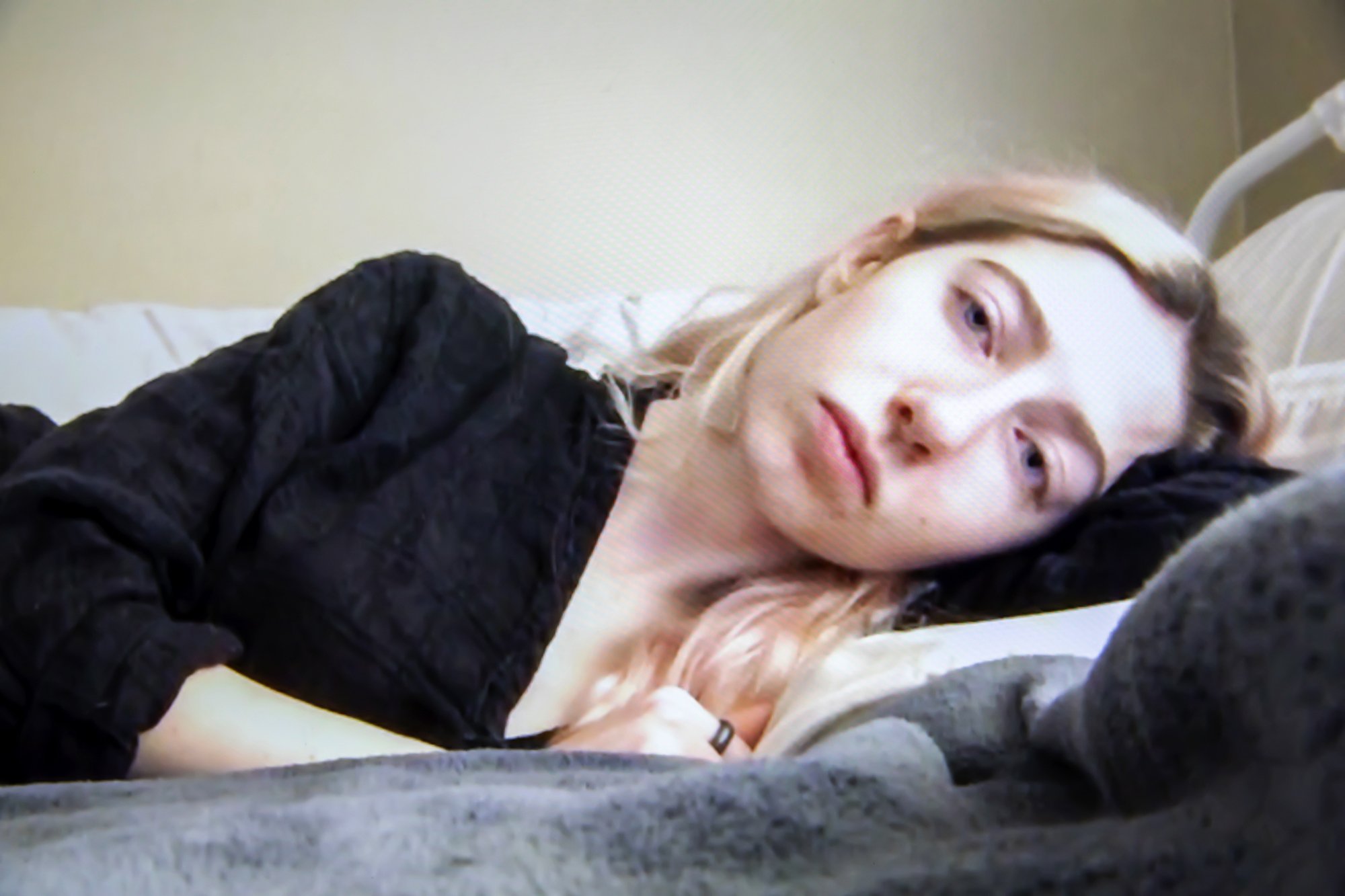




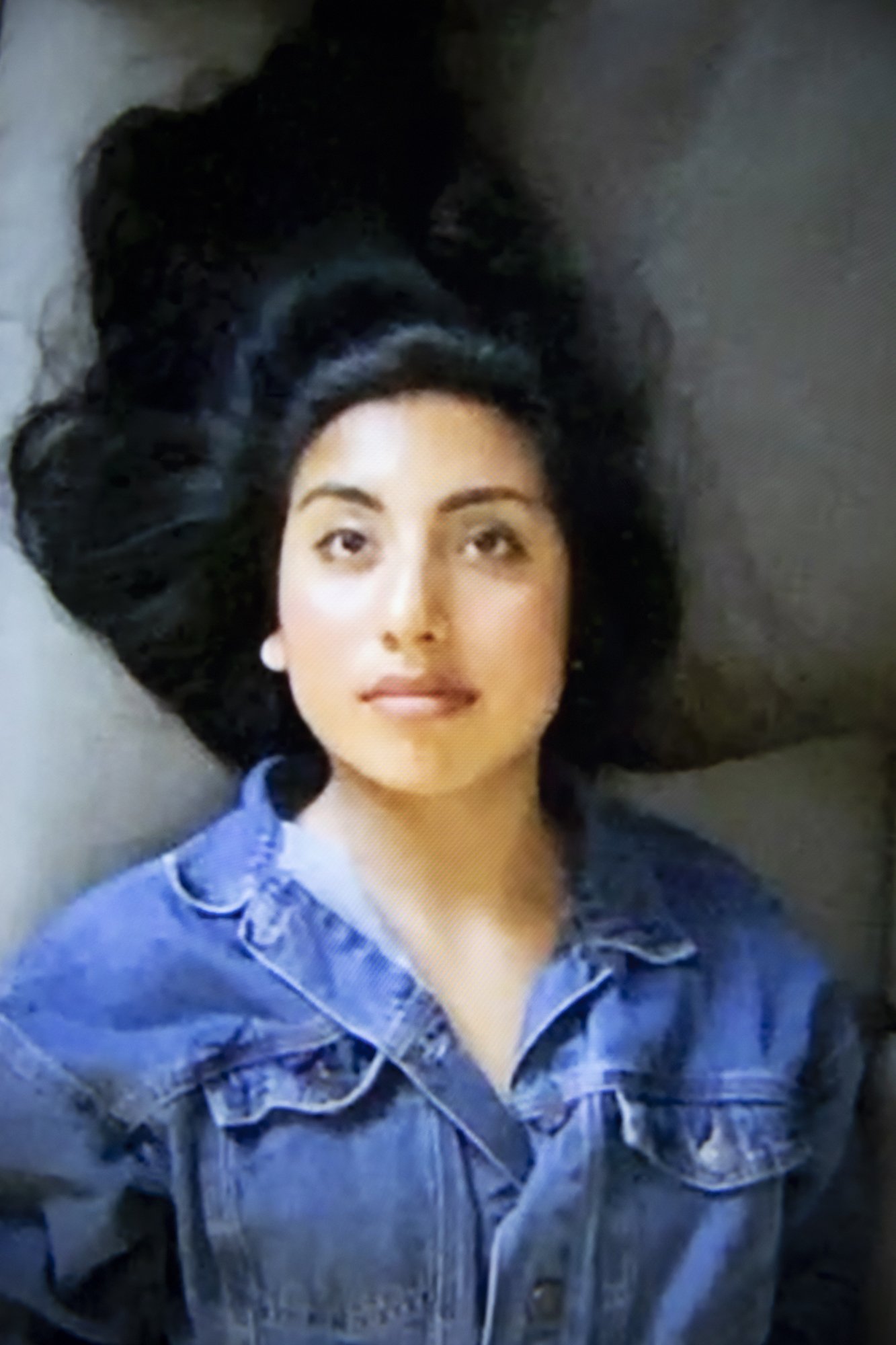

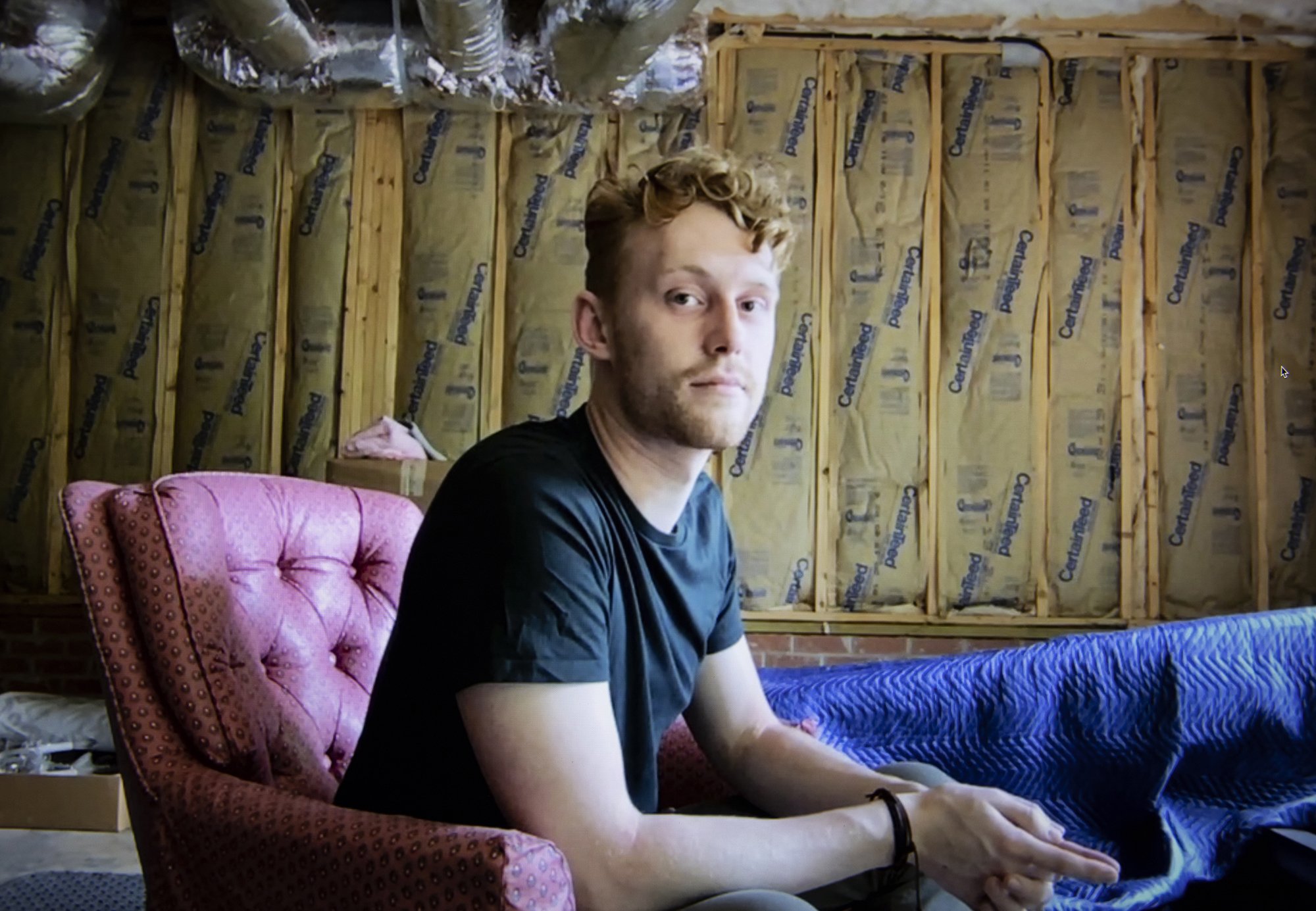

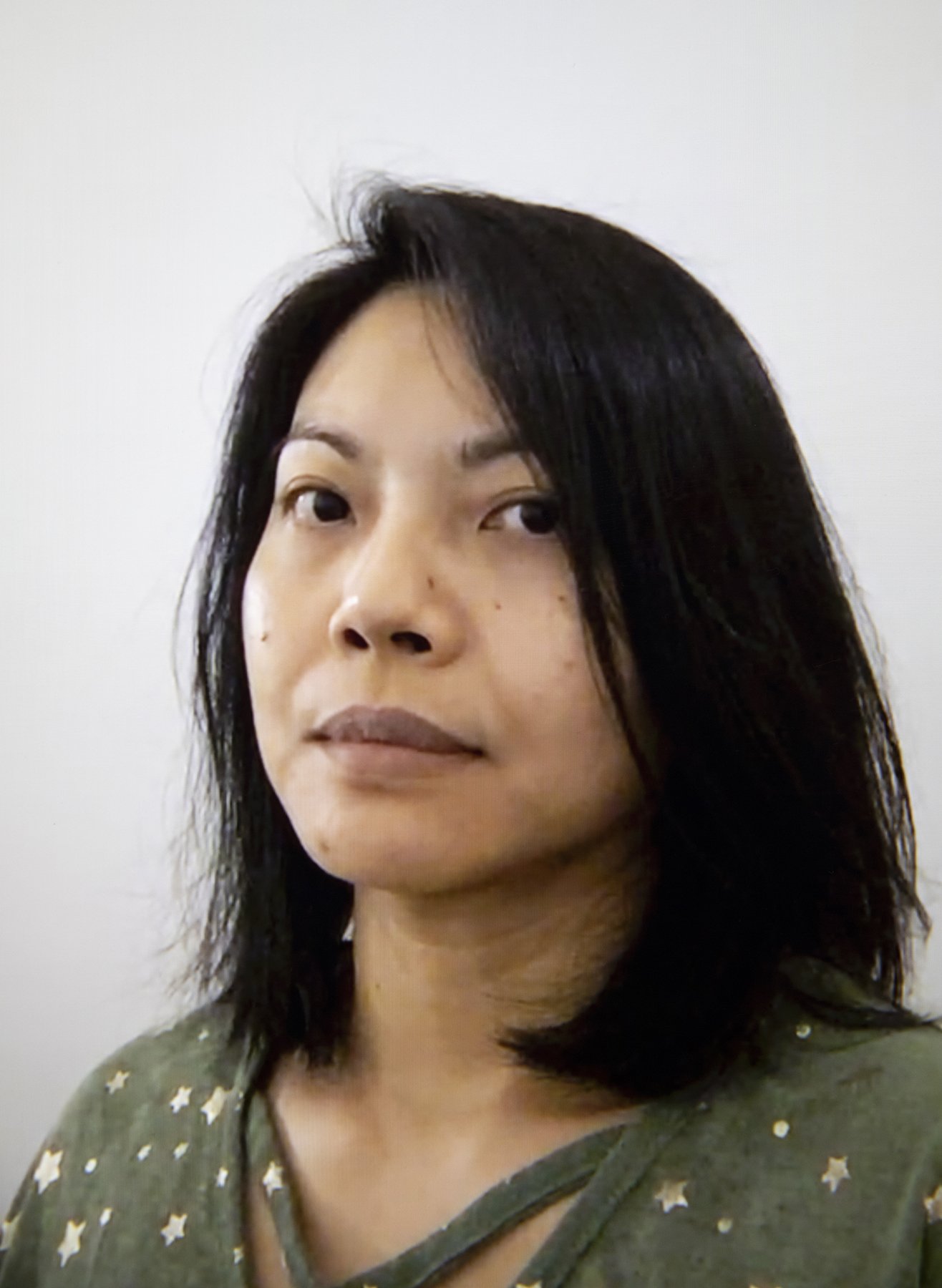
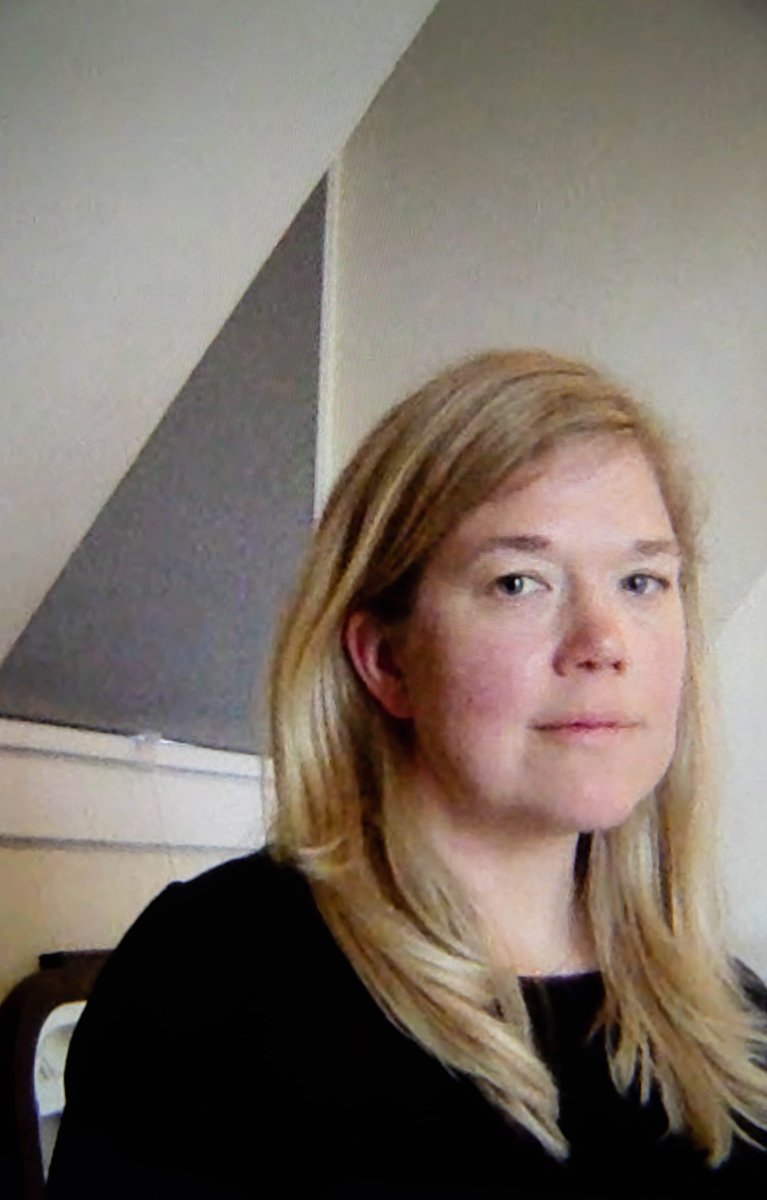
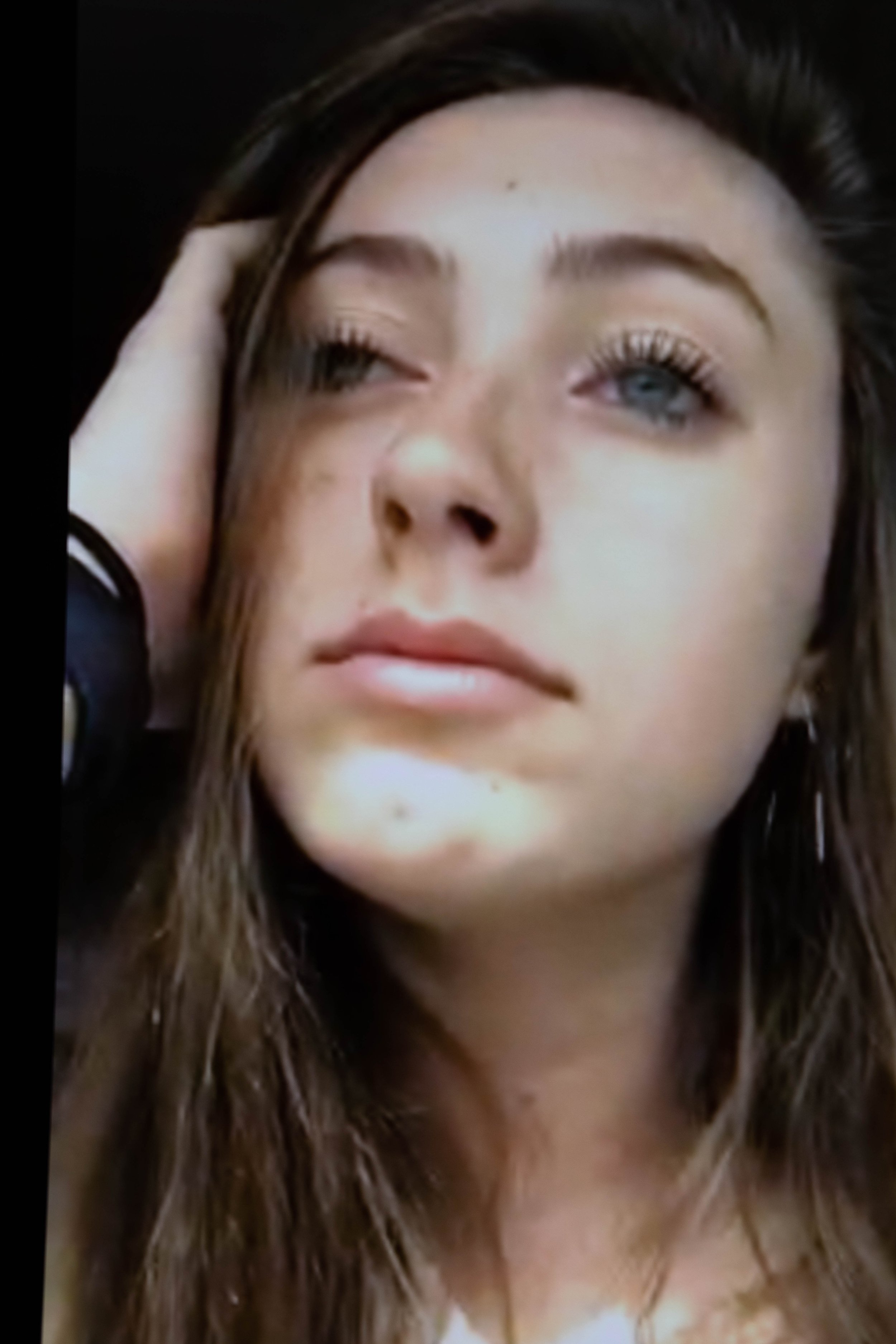
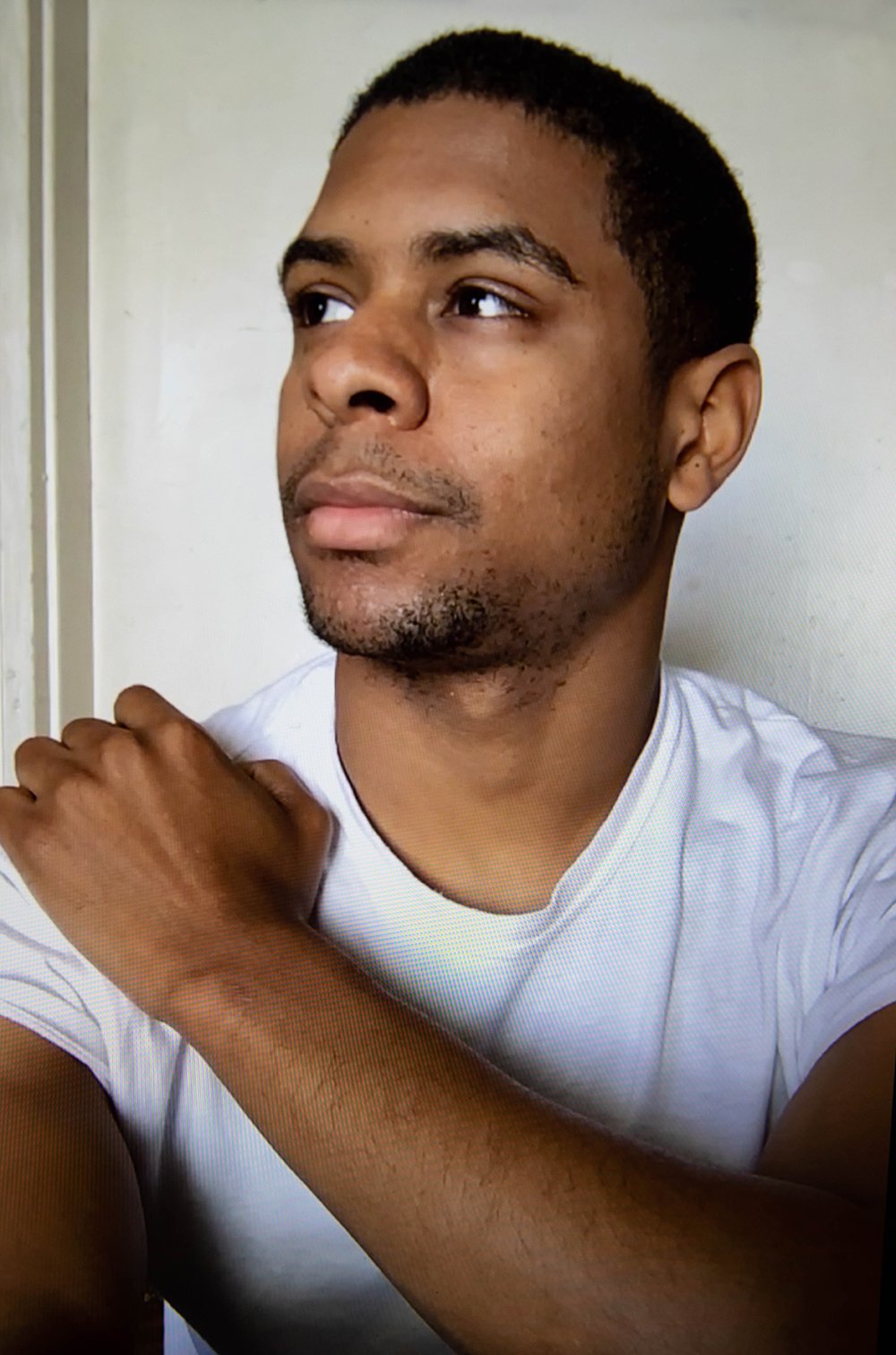
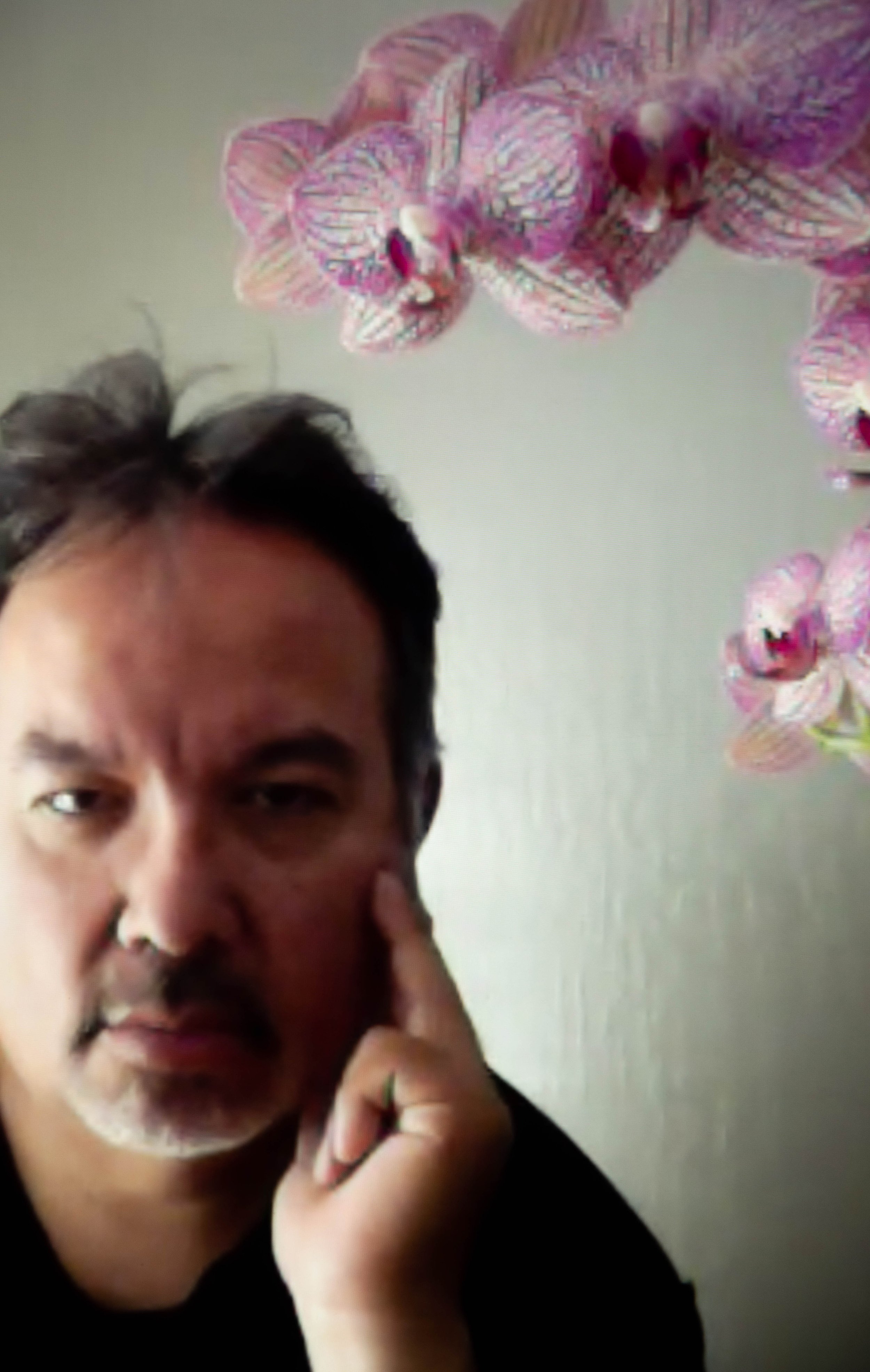




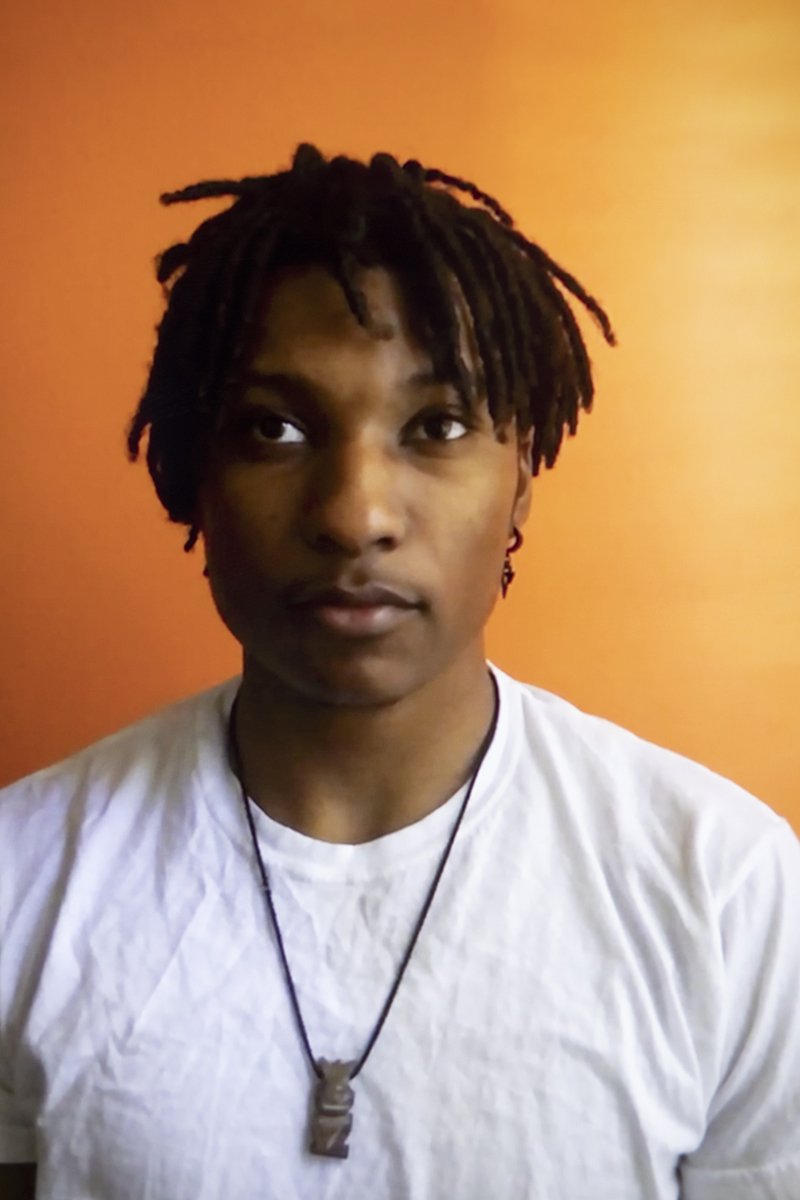

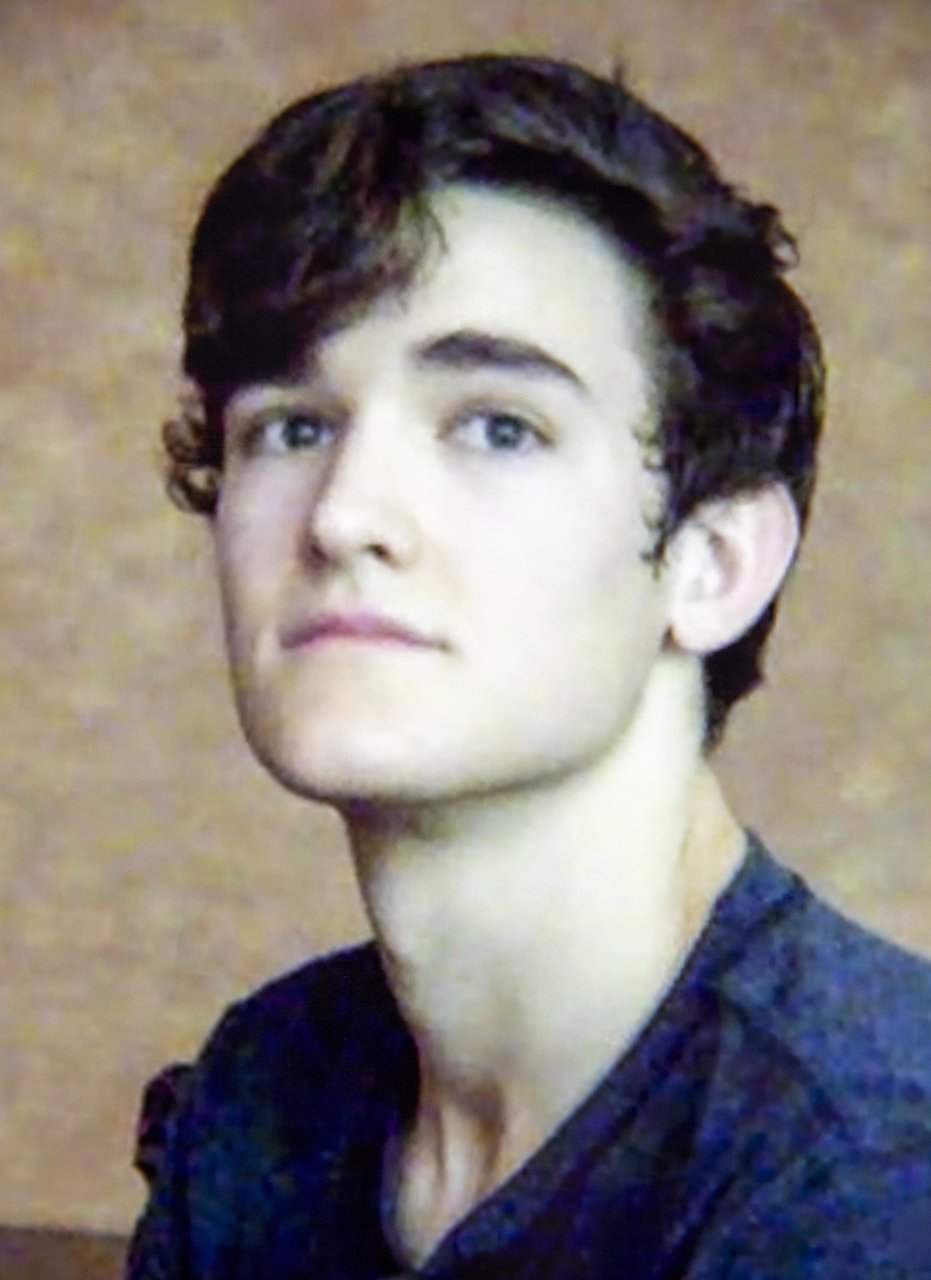
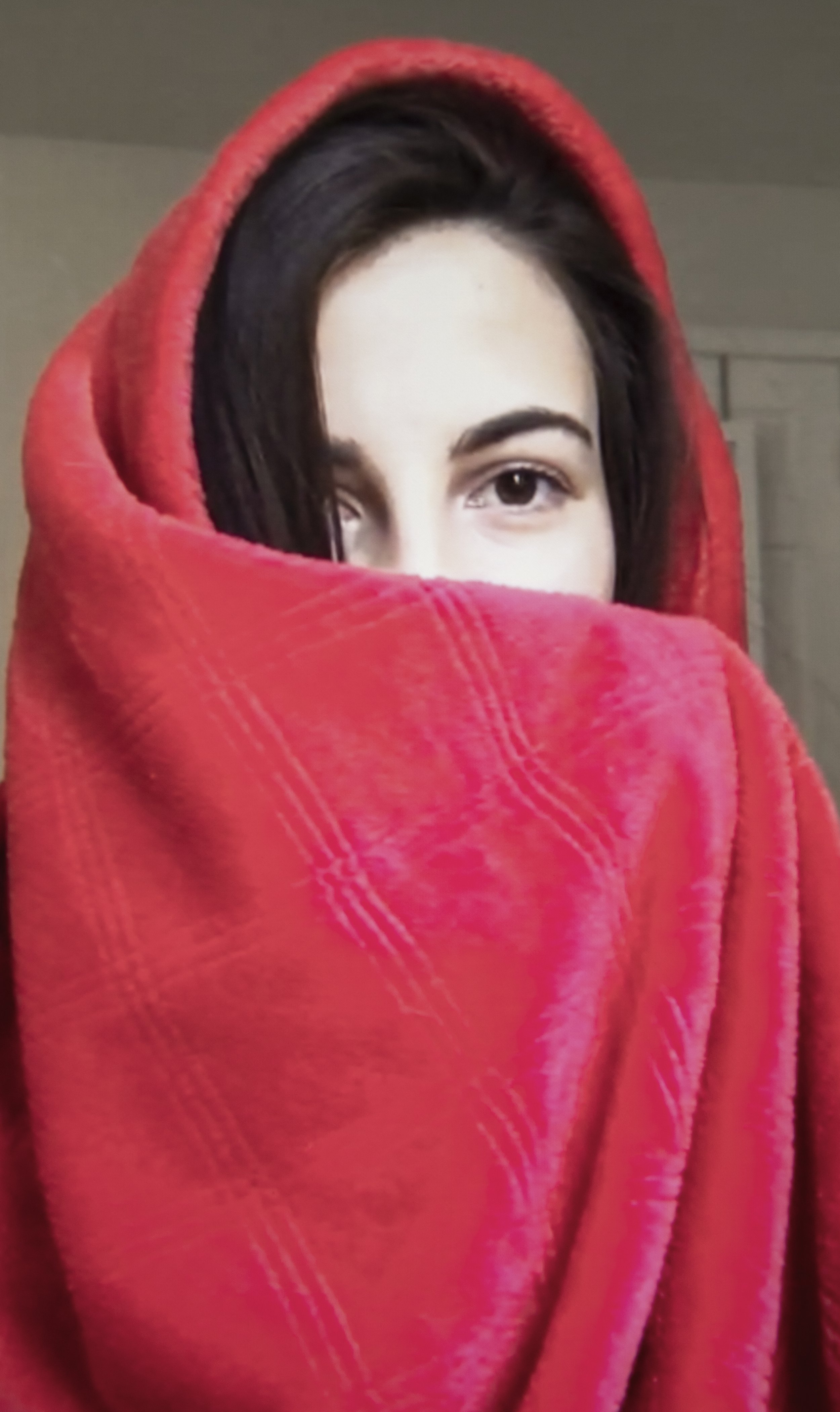

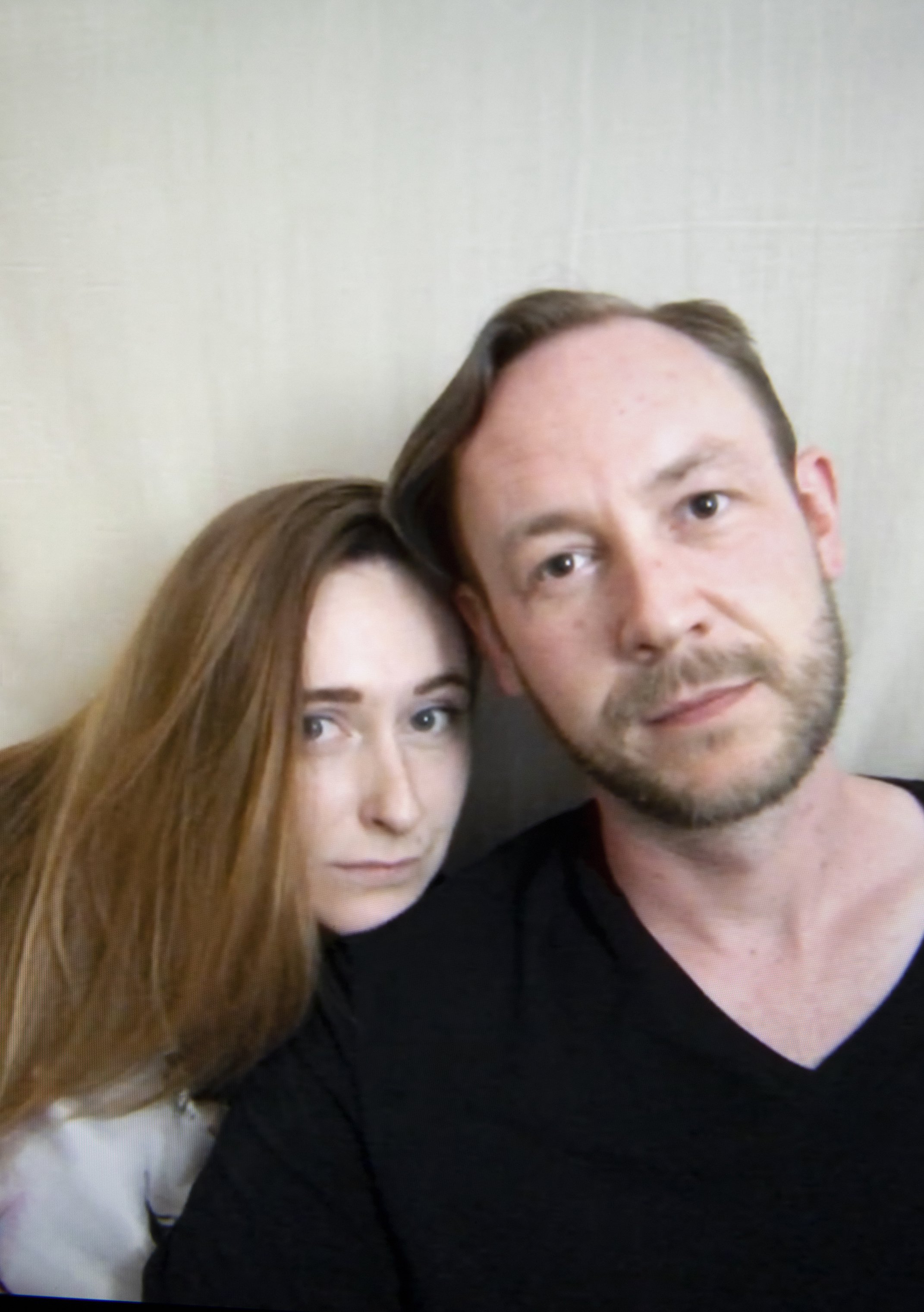

2020
You, From a Distance
Making portraits in a pandemic is challenging if you like to get closer than six feet to your subject. Frustrated by an inability to work at close range, I began to make portraits on my computer screen via FaceTime and Zoom by photographing friends, family, acquaintances, strangers, and my daughter at her father's home. This collaboration with others is particularly rewarding, especially when I've put the camera down, and we sit screen to screen discussing the changes in our collective worlds while checking in to make sure the other is okay. Each person has been generous in showing me around their homes to find the right background and light. They move furniture, take pictures off the wall, change clothing to create the right contrast, and position their laptops or phones so that I can take their picture at just the right angle. I sit behind my screen watching them do the work that I so desperately want to do as I experience a heightened sense of ambivalence, the love of "seeing" others, the distaste for lack of physical control over the situation.
At times, the process calls for a third person to hold the camera phone, sometimes that assistant is a six-year-old girl, a father, a husband, or a cousin. During the awkwardness of the portrait session, there are moments of laughter when cats photobomb the sitting, a mother walks in the room wanting to reclaim her office space, a dad saunters by with a laundry basket, a sibling or grandchild screams from an adjoining room, and many phones crash to the floor from their perch of prime picture-taking position. We laugh together across connected distances about the absurdity of the situation and that I am trying to make a meaningful portrait amid unpredictability. Strangely, I find the absurdity satisfying; everything feels peculiar at this moment in time.
For a more technically astute photographer than myself, the lack of technical command over making screen portraits would be unnerving. In essence, the image is blurry if the Wifi connection isn't clear. There are uncontrollable color shifts due to monitor calibrations; a moire pattern may appear because the screen is refreshing, and the perspective of the body can distort if the phone isn't perfectly parallel to the subject. I won't elaborate on how the highlights and shadows clip. The image noise and pixelation can drive you mad if you don't accept it as divine intervention. I find myself wanting to jump into the scene and move things and bodies, hold reflectors, close blinds, and refrain from making my subject do the heavy lifting. However, I sit behind the computer giving direction to "look to the right, chin down, eyes up, come closer to the camera" and then I embrace every technical flaw as if it's a gift. The power I have over the subject and the limitation I command over the image humbles me. The vulnerability I feel in putting these imperfect images into the world is tempered by the realization that we are all powerless in the face of this pandemic.
You, From a Distance reflects the way I experienced life during the Covid-19 pandemic- a personal feeling of distance and loss but with a desire to hold onto normalcy of making pictures, albeit without influence over the outcome. I am interested in these new ways of seeing each other and being together without being together – I look at you on my computer, in return, you look back at me through a phone or laptop while you can also see yourself in the frame. Who are we looking at – ourselves or others? The intersection of gazes is countless at times; it excites and confuses me. The process of looking and seeing divided by screens changes everything I have learned about image-making. The portraits become my memory of shared moments across time zones with distant faces; the four walls of my house expand into the space of others' homes. The intimacy I feel with the subject ironically is far greater than the portraits I make in-person in a time before social distance. In the span of one month, I have virtually traveled to five countries, five states, and homes nearby in South Carolina. Although more than the required physical distance is maintained through these portrait sittings, the mutual human connection is undoubtedly rich with meaning and unlimited possibility.
You, From a Distance is a project undertaken during stay-at-home orders for the Covid-19 pandemic. All portraits are made through the subject’s phone or laptop on FaceTime and Zoom and photographed with a digital camera on my computer screen.
FaceTime portrait session with Jackson.